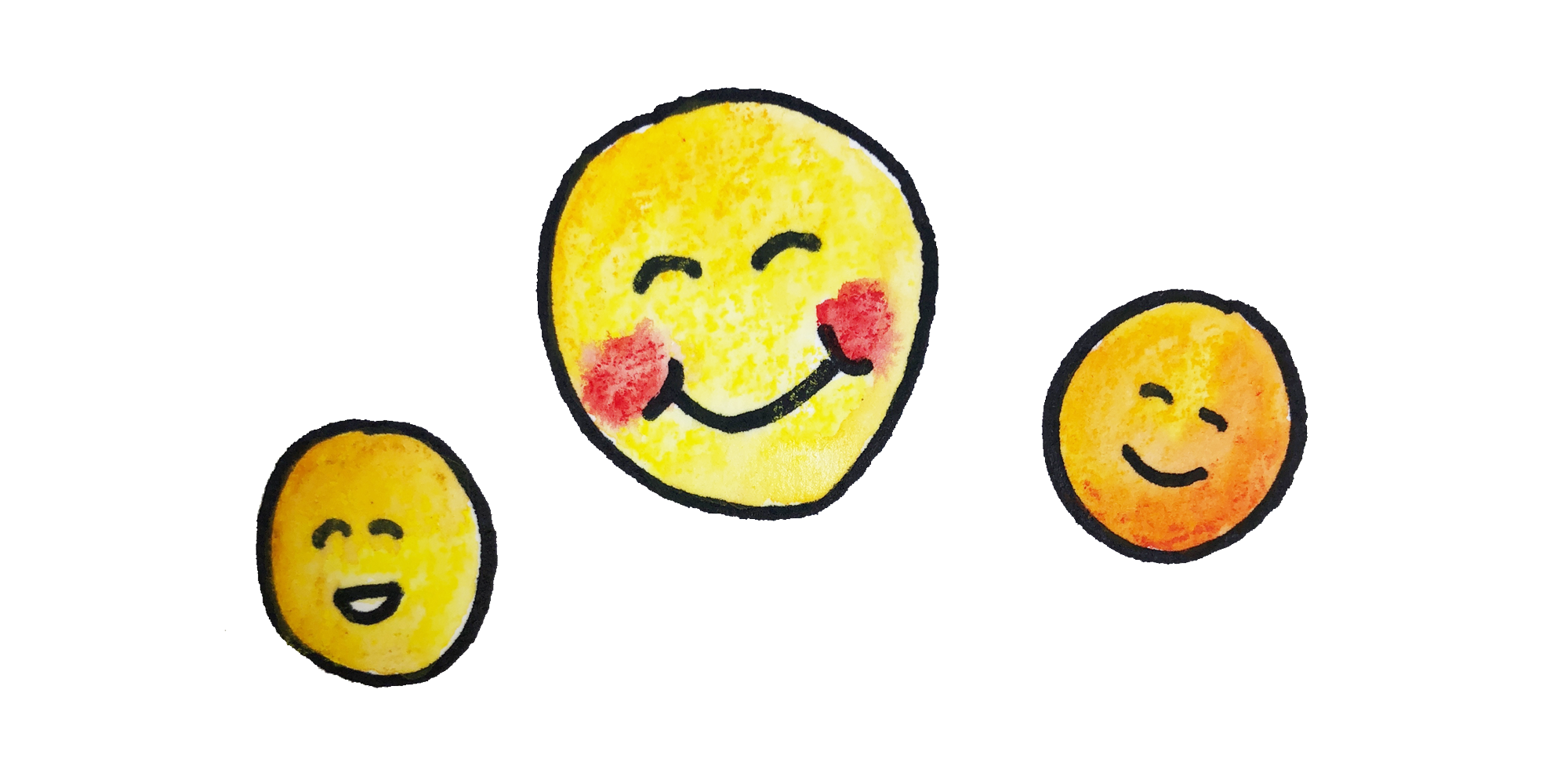“Being nice” can be a crutch to avoid hard choices and uncomfortable conversations. Don’t fall into this trap.

Leaders, stop being so nice all the time.
I don’t mean to sound like an asshole. But when it comes to leadership, it’s true: Prioritizing “being nice” keeps us from being good leaders.
Now I’m not advocating for us to be mean. Disrespectful or dismissive leaders help no one. Rather, I’m calling for us as leaders to loosen our grip on “being nice.” To stop wanting our team to like us all the time. To let go of the expectation that every single interaction with our team should feel good.
Truth is, our team isn’t going to like us all the time. Our team isn’t going to feel good all the time. And trying to be nice to everyone all the time isn’t going to change that. Nor is it actually helpful for your team.
When we’re preoccupied with seeming popular instead of fair, when we optimize for pleasant conversations instead of honest ones — we hurt our teams.
I was reminded of this most recently while I was reading The Watercooler, our online community with almost 1,000 leaders. One manager revealed he was facing this exact dilemma. He was seen as “The Nice Guy” in his company, always complementary, never critical. As a result, he was struggling how to start giving his team difficult feedback — and his team was floundering.
He’s not the only one.
Have you ever found yourself in one of these situations?
- You avoided giving tough feedback to a coworker… and now the person has made even bigger mistakes than you previously imagined.
- You didn’t tell someone that you disagreed with them… and now you have to figure out how to course-correct without blindsiding the person.
- You postponed firing someone… and now have to do damage control for the low morale they infused throughout the team.
- You said something was “great!” even though it actually wasn’t… and now you have to fix the level of quality for what was produced.
Many of us focus on “being nice” as a leader more than we should. And we pay a price for it.
Hiten Shah, founder of Kissmetrics and Crazy Egg, emphasized this point to me, in a recent interview. He warned that when you’re concerned with being nice all the time, “there’s a level of toxic culture that develops that’s hard to see, especially on a remote team.”
Prioritizing “nice” as a leader is an easy trap to fall into. Being nice fits into our desire for belonging and companionship as humans. We’re social creatures. We want to be liked. Inherently, there is nothing wrong with that.
But “being nice” becomes problematic when it becomes your rudder as a leader. It leads you astray. You lose sight of your purpose as a leader: To help your team accomplish a specific mission. Your barometer for success as a leader morphs from “Are we accomplishing our mission?” into “What does the team thinks of me?”
Over time, “being nice” becomes your crutch. It’s a convenient rationalization to avoid hard decisions, uncomfortable conversations, and controversial actions. It’s easier to “be nice” than it is to have tell someone to their face that they’re rubbing a client or colleague the wrong way.
Ultimately, being nice as a leader is selfish. It doesn’t serve the team. It serves your ego. The team is looking to you to help them achieve a goal. And instead, you’re looking to have your decisions, actions, and yourself perceived as positive by them.
A leader is the only person’s whose sole job is help a team achieve the outcome they want to achieve. When you care about “being nice,” you’re essentially saying, “The needs of my team as a whole don’t matter as much as their perception of me as an individual.”
Instead of seeking to be nice, we should seek to be honest, rigorous, and consistent.
Or even better, we can seek to be nice and honest, nice and rigorous, nice and consistent. One of my favorite books, Crucial Conversations, discusses how being nice and being honest are not mutually exclusive. You can be both. The best leaders embrace this duality.
Let’s just stop being so damn focused on being only nice.
💙 Our software helps you nail the fundamentals of leadership: We help you run effective one-on-one meetings, get honest feedback, share team progress, and build team rapport. Try Know Your Team to find your own answer, as a leader, today.
Claire is the CEO of Know Your Team – software that helps you become a better manager. Her company was spun-out of Basecamp back in 2014. If you were interested, you can read more of Claire’s writing on leadership on the Know Your Team blog.

